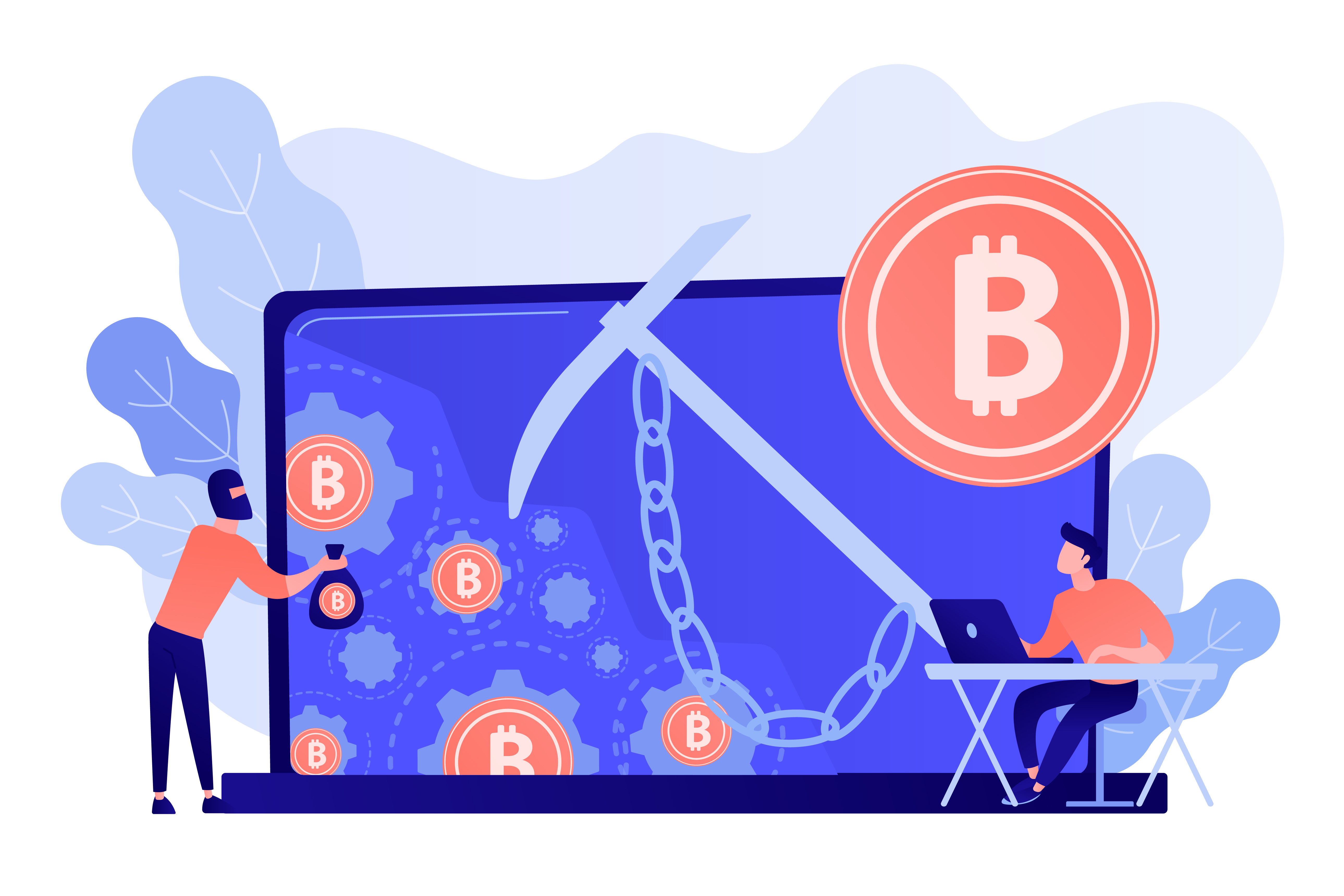 BLOCKCHAIN
BLOCKCHAIN
 BLOCKCHAIN
BLOCKCHAIN
 BLOCKCHAIN
BLOCKCHAIN
Running a criminal cryptocurrency enterprise has certainly gotten more complicated.
It was 10 years ago this week when Ross Ulbricht walked into a branch of the San Francisco public library to spend another day running the Silk Road, his marketplace for buying and selling illegal and questionable goods. He walked out in handcuffs after an elaborate sting operation carried out by the FBI. This week, the scene shifts to a downtown New York City courtroom, where former FTX Trading Ltd. founder and former Chief Executive Sam Bankman-Fried faces seven counts that he attempted to defraud investors for his various alleged crypto-related schemes in the current trial, with others postponed to a second case.
Although the two events deal with vastly different parts of the criminal justice system, they are notable bookends in the past decade for the rise and fall of cryptocurrencies, along with associated technologies regarding blockchains, smart contracts and other elements of this universe.
 Ten years ago, few people had heard of or even used cryptocurrencies. I remember at the time going to conferences where attendees bonded over being on the inside of something big. There were a few pioneering merchants that took payment in crypto, such as the New York City realtor who would take rent payments for an apartment in bitcoin (shown adjacent), but those early years were mostly characterized by lots of frustration at trying to do anything with these new forms of digital money.
Ten years ago, few people had heard of or even used cryptocurrencies. I remember at the time going to conferences where attendees bonded over being on the inside of something big. There were a few pioneering merchants that took payment in crypto, such as the New York City realtor who would take rent payments for an apartment in bitcoin (shown adjacent), but those early years were mostly characterized by lots of frustration at trying to do anything with these new forms of digital money.
Cryptocurrencies were problematic as currency because of wide swings in exchange rates with “stablecoins,” as dollars and other bank-backed forms of money were eventually called. But this was also one of bitcoin’s attractions, especially in those parts of the world where inflation decimated their government-backed currencies. That, and crypto was a way to move funds internationally without paying a lot of bank processing fees.
As I wrote back in 2014, “criminals are making a big effort to use these new currencies for their own transactions,” which was the enabling reason for Silk Road’s popularity. At its height, it handled millions of dollar-equivalent transactions a day.
Ulbricht thought he was careful to cover his tracks and to use various technologies to hide his movements, but he made a few critical mistakes that ultimately led to the library drama of his capture 10 years ago. For example, he had a consistent pattern in his life — such as going to a particular library at a particular time — he left his computer running with an active login at the time the agents distracted him, and he kept all records of Silk Road on his laptop, which was seized by the FBI.
It didn’t help that the FBI had an informer working from the inside, who figured out that Ulbricht’s computer was set to the Pacific time zone, and it also seized one of the marketplace’s servers located in Iceland. A great summary of the whole affair was written by Josh Bearman in Wired in 2015.
Ulbricht was eventually found guilty of seven counts and is serving the rest of his life in federal prison in Tucson, plus paying nearly a $184 million fine when his bitcoin holdings were located and cashed out.
Since Ulbricht’s arrest, it has been a turbulent decade for cryptocurrencies. Values have fluctuated: For example, bitcoin rose from about $300 10 years ago to a high of $61,000 in the fall of 2021 and is now trading at $30,000. There are also tens of thousands of different cryptocurrencies, which have become the equivalent of penny stocks in terms of both value and risk.
We have also seen the various spectacles of “initial coin offering,” which was basically minting money out of thin air to fund completely new ventures, and the rise of crypto exchanges such as FTX that would allow users to convert one cryptocurrency into another, like exchanging dollars for Euros at a bank.
Late last year federal prosecutors began investigating FTX after the collapse in value of two of its crypto tokens, TerraUSD and Luna. Bankman-Fried was eventually a target, after FTX and more than 100 crypto ventures declared bankruptcy or closed their doors. Bankman-Fried was charged with 12 different counts, and his trial began today in New York City.
Between Ulbricht and Bankman-Fried, there is tremendous capacity for fraud and numerous bad actors in the crypto world have come and gone, usually with some large funds that aren’t easily located. That isn’t anything new. What is different is that this world has gotten more complex, with cross-token interactions that aren’t well-documented and new crypto coins that are poorly funded or based on no actual assets or independent valuations.
The two men also illustrate that crypto isn’t completely anonymous, because of a simple fact that every transaction is recorded in a shared ledger that anyone can easily access and track to a particular token address. It’s also apparent that law enforcement is paying attention. Although cryptocurrency has moved into new technologies over the past 10 years, some of the oldest financial criminal statutes can be and have been brought to bear on various miscreants.
One thing that hasn’t changed is that criminals are still active in the field.
Bitcoin and other cryptocurrencies began under some interesting circumstances, with an anonymous inventor (or perhaps group of inventors) who have masked their identity still to this day. The goals were lofty and laudable – as long as everyone played by the rules, which they didn’t.
Bankman-Fried allegedly did some very shady stuff, and thanks to the power of crypto he was able to move mountains of capital around the globe across numerous interlocking corporate entities to conceal his operations. Ulbricht had a far simpler operation: making money trading on illegal drugs and weapons and other unsavory items, using bitcoin as a layer of protection between buyer and seller.
But the underlying cryptocurrency system remains, and there’s no reason to think that everyone will suddenly play by the rules intended to protect it and its users. Whether or not Bankman-Fried is convicted, there will undoubtedly be new scams and shakedowns based on new crypto-related technology in the years to come.
THANK YOU